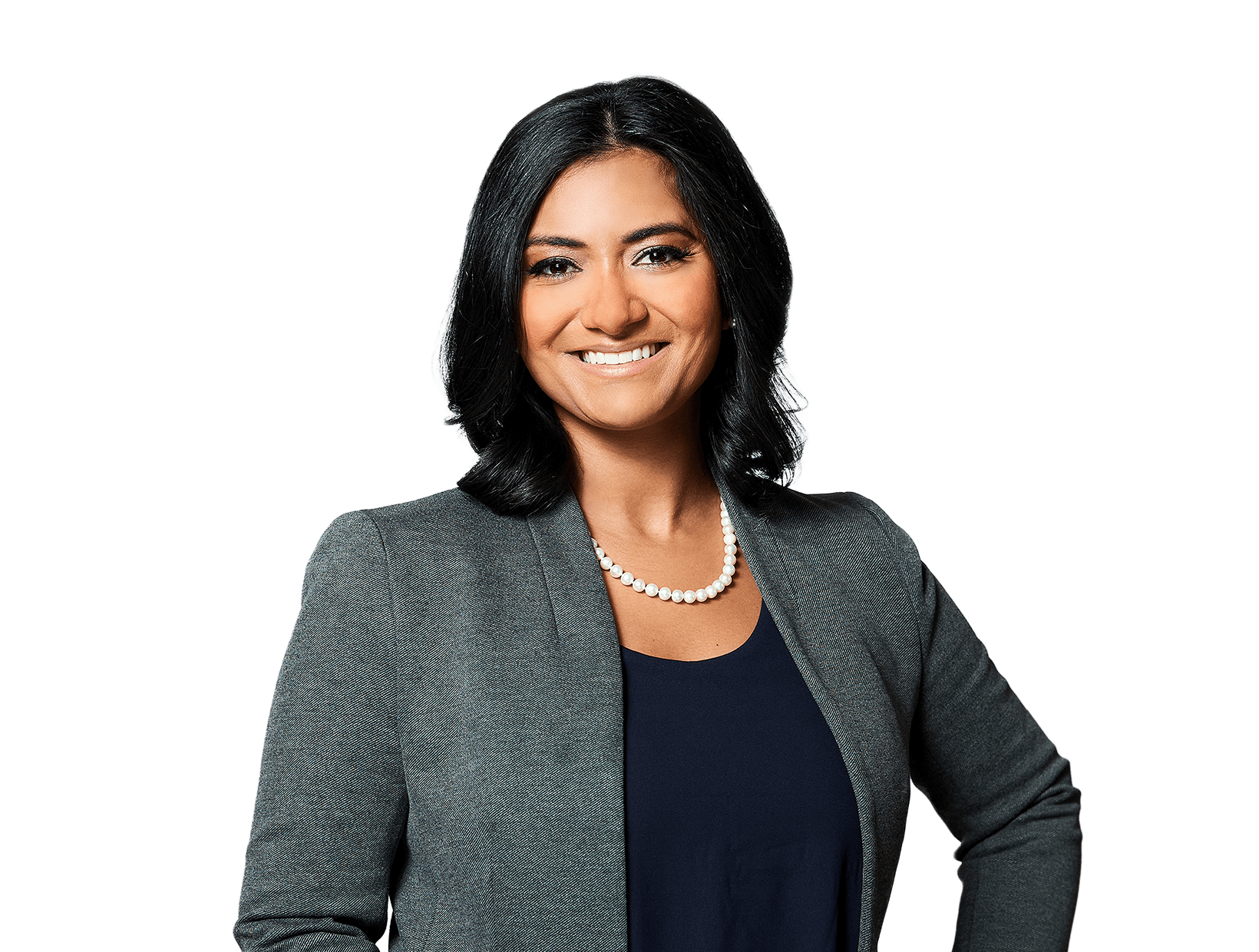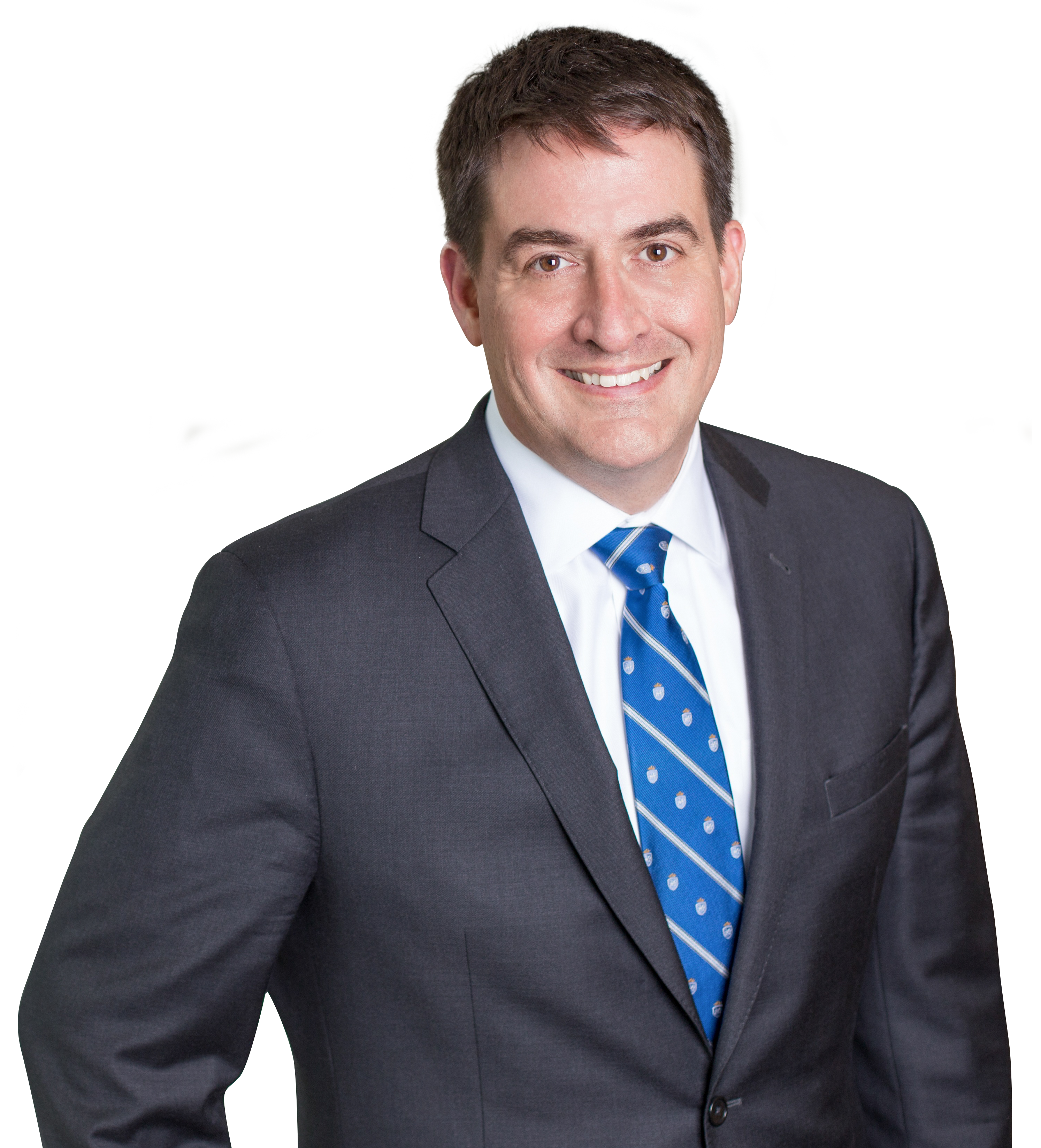Blog
Amended FRE 702 on Expert Testimony Effective December 1, 2023
IP Litigator
Authors
-
- Name
- Person title
- Principal

-
- Name
- Person title
- Principal

This article was republished at IP Litigator in the January/February 2024 issue.
Experts play a key role in patent litigation as they explain complex technical issues including infringement, validity, and damages to judges and juries. The persuasiveness of their testimony can often mean the difference between winning and losing a case. That is why parties often try to exclude or limit testimony from their opponent’s expert at trial. The mechanism for doing so is rooted in Rule 702 of the Federal Rules of Evidence, which governs the admissibility of expert testimony.
In May 2022, the Advisory Committee on Evidence Rules unanimously approved several clarifying amendments to Rule 702. The amendments are designed to address two common errors in expert testimony: (1) the problem of courts presuming that expert testimony is admissible and (2) the problem of courts failing to exercise their gatekeeping function. The amended Rule 702 went into effect on December 1, 2023. We provide a description of these updates and what they mean for patent litigations below.
Rule 702: Testimony by Expert Witnesses
As amended, the new rule reads as follows (additions are in bold; deletions are struck through):
A witness who is qualified as an expert by knowledge, skill, experience, training, or education may testify in the form of an opinion or otherwise if the proponent demonstrates to the court that it is more likely than not that:
Presumption of Admissibility
One of the Committee’s goals in proposing these amendments was to clarify the evidentiary standard for expert testimony. The Committee noted that, in recent years, many courts have presumed that expert testimony is admissible, essentially treating the reliability requirements of Rule 702(b) and (d) as questions of weight rather than admissibility. In doing so, courts have failed to hold the proponent of expert testimony to meeting their burden on admissibility, which in turn improperly leaves questions regarding the bases and sources of the expert’s opinion to the jury.
To reinforce the court’s function as gatekeeper of expert testimony, the Committee thus approved an amendment that makes clear the proponent of expert testimony must establish that it is “more likely than not” that the reliability requirements are met. The Committee also approved an amendment requiring the proponent to establish “to the court” that such requirements have been met—in other words, emphasizing that it is the court, not the jury, that must decide the reliability of expert testimony.
Court as Gatekeeper
Another goal of the Committee was to emphasize the role of courts as gatekeepers in admitting expert testimony. Specifically, the Committee reiterated that, under Rule 702, “each expert opinion must stay within the bounds of what can be concluded from a reliable application of the expert’s basis and methodology.” The Committee further clarified that it is the job of the courts to enforce this requirement, because “jurors may be unable, due to lack of specialized knowledge, to evaluate meaningfully the reliability of scientific and other methods underlying expert opinion” and that “jurors may also lack the specialized knowledge to determine whether conclusions of an expert go beyond what the expert’s basis and methodology may reliably support.”
To further this goal, the Committee approved a slight change to the existing Rule 702(d) that requires the court to find that “the expert’s opinion reflects a reliable application of the principles and methods to the facts of the case.” The goal of this updated language is to more clearly empower the court to pass judgment on the conclusion that the expert has drawn from the methodology and not just the methodology employed. The amendment is also consistent with General Electric Co., v. Joiner, 522 U.S. 136 (1997), in which the Court declared that a trial court must consider not only the expert’s methodology, but also the expert’s conclusion.
Takeaways for Patent Litigators
These amendments will likely make it easier for litigators to exclude or limit the expert testimony of their opponents before even getting to trial, at least in jurisdictions where Rule 702 was being improperly applied. We will thus likely see an uptick in Daubert motions across patent litigation, and those motions will likely focus on burden of proof issues and will emphasize reliability failures not only in methodology but in the expert’s conclusions. In short, an already heavily litigated area of patent law is likely to get even more attention in view of the new Rule 702.
The opinions expressed are those of the authors on the date noted above and do not necessarily reflect the views of Fish & Richardson P.C., any other of its lawyers, its clients, or any of its or their respective affiliates. This post is for general information purposes only and is not intended to be and should not be taken as legal advice. No attorney-client relationship is formed.